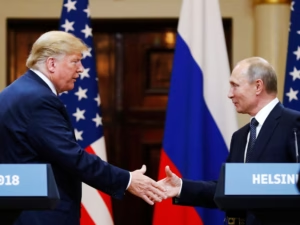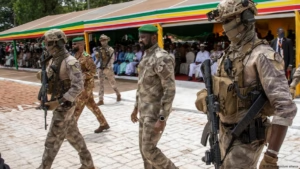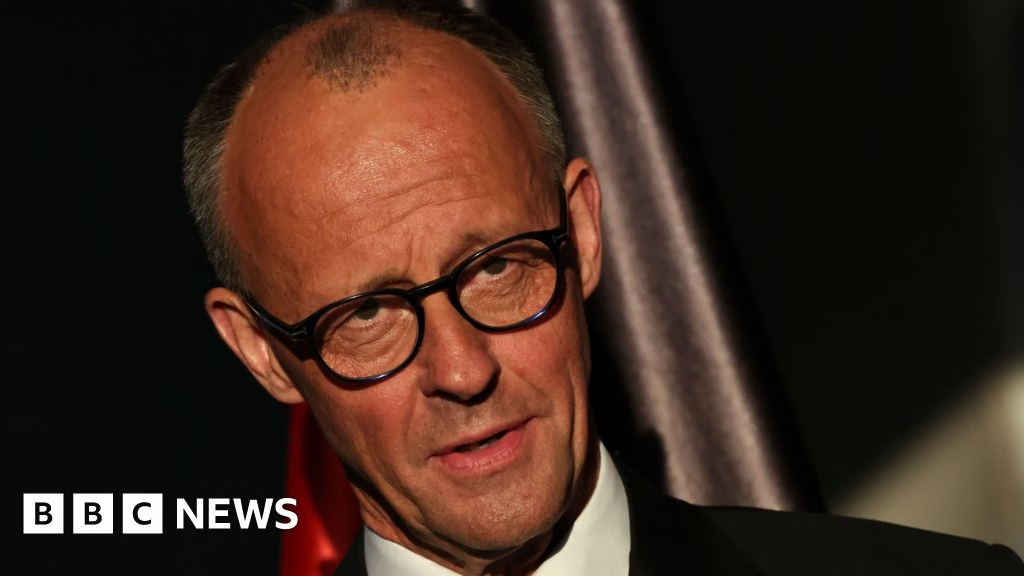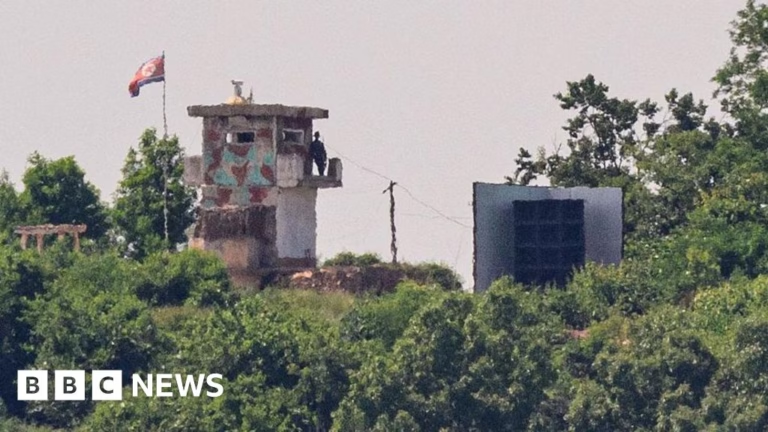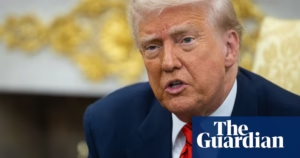The day Friedrich Merz took office as Germany’s new leader will now be remembered as a significant public failure.
Merz’s initial defeat in his bid to become chancellor sparked hours of chaotic uncertainty.
A man who had been working to project strength and purpose became entangled in political intrigue and division.
Although Merz eventually won on the second try, today’s messy path to power raises concerns about the future government.
If he couldn’t secure the votes of his coalition colleagues, as was the case at such a crucial moment, how will he manage when attempting to push through contentious legislation?
This is particularly concerning as Germany faces a prolonged recession, disputes on immigration, significant decisions regarding defence spending, and a rising far-right political force.
However, Merz’s allies argue that the situation can be quickly rectified and refute the idea that he has emerged irreparably damaged.
“We’re now looking ahead,” says Gunther Krichbaum, a veteran of the Christian Democratic Party (CDU) and Germany’s new Europe Minister, and a strong ally of Merz’s.
“Therefore, I believe we will have a very good and stable government,” he informed the BBC.
“This is not only necessary for Germany, but also for Europe.”
The allies of Berlin have been eagerly anticipating the establishment of an effective administration following the internal conflicts of the previous, collapsed coalition government.
Nevertheless, Merz is now preparing for his planned trips to Warsaw and Paris on Wednesday, in the aftermath of a tumultuous Tuesday.
There is widespread speculation regarding which MPs chose not to support Merz in the first round of the secret ballot – and the reasons behind their decision.
One theory suggests that aggrieved individuals, overlooked for government positions, could be responsible.
Did the centre-left Social Democrats (SPD), who are part of the centre-left opposition, decide that they needed to protest the political adjustments made with Merz’s centre-right party?
Or did the forthright Merz and the ambitious SPD Vice-Chancellor Lars Klingbeil struggle to garner support from their own party?
Rurmours point to figures from both sides being quick to suggest that the other side is mainly responsible.
Whichever MPs abstained, they seemed willing to make Merz and his officials work hard.
Alternative fur Deutschland (AfD), the main opposition party following February’s election, witnessed the entire event from the sidelines.
They seized the opportunity to highlight the underlying weaknesses within a coalition comprising the centre-right CDU/CSU parties and the centre-left SPD.
It is highly evident that this government… will not be a stable one,” asserts Beatrix von Storch, the deputy group leader of AfD.
She also echoed claims that this is further evidence that the so-called “firewall” of non-cooperation with her party will not endure.
“This has shown that this firewall has to fall if you want to have a shift in politics in Germany,” von Storch told the BBC.
Also observing from the visitors’ gallery of the Reichstag was Merz’s former political rival within the CDU, former chancellor Angela Merkel.
He had previously lost out to her in a power struggle but returned to politics to pursue his long-held dream of securing the top job.
This could not have been the way Merz envisioned taking office.
More importantly, the spectacle significantly undermines his claims of being ready to provide strong government on his very first day.

